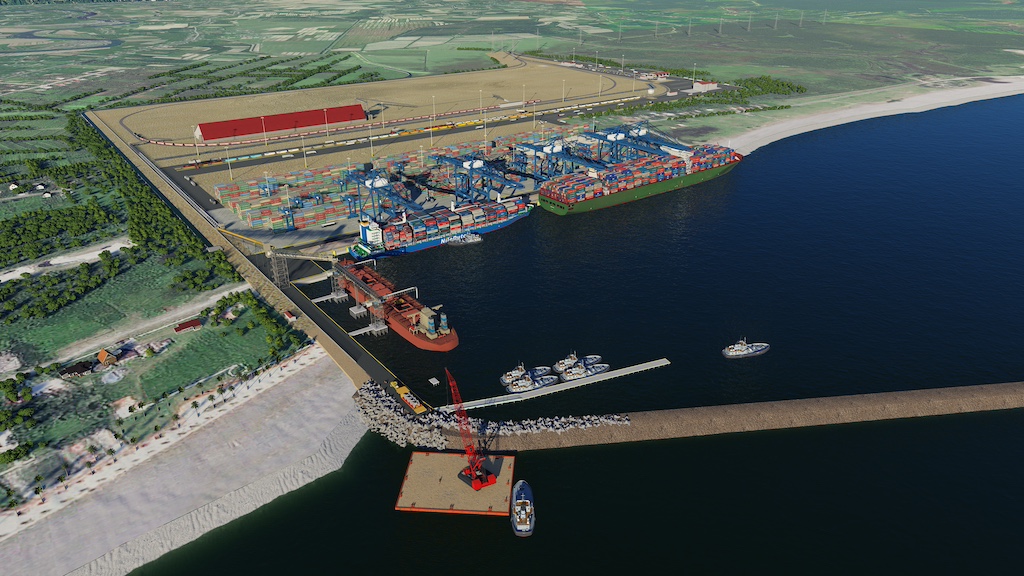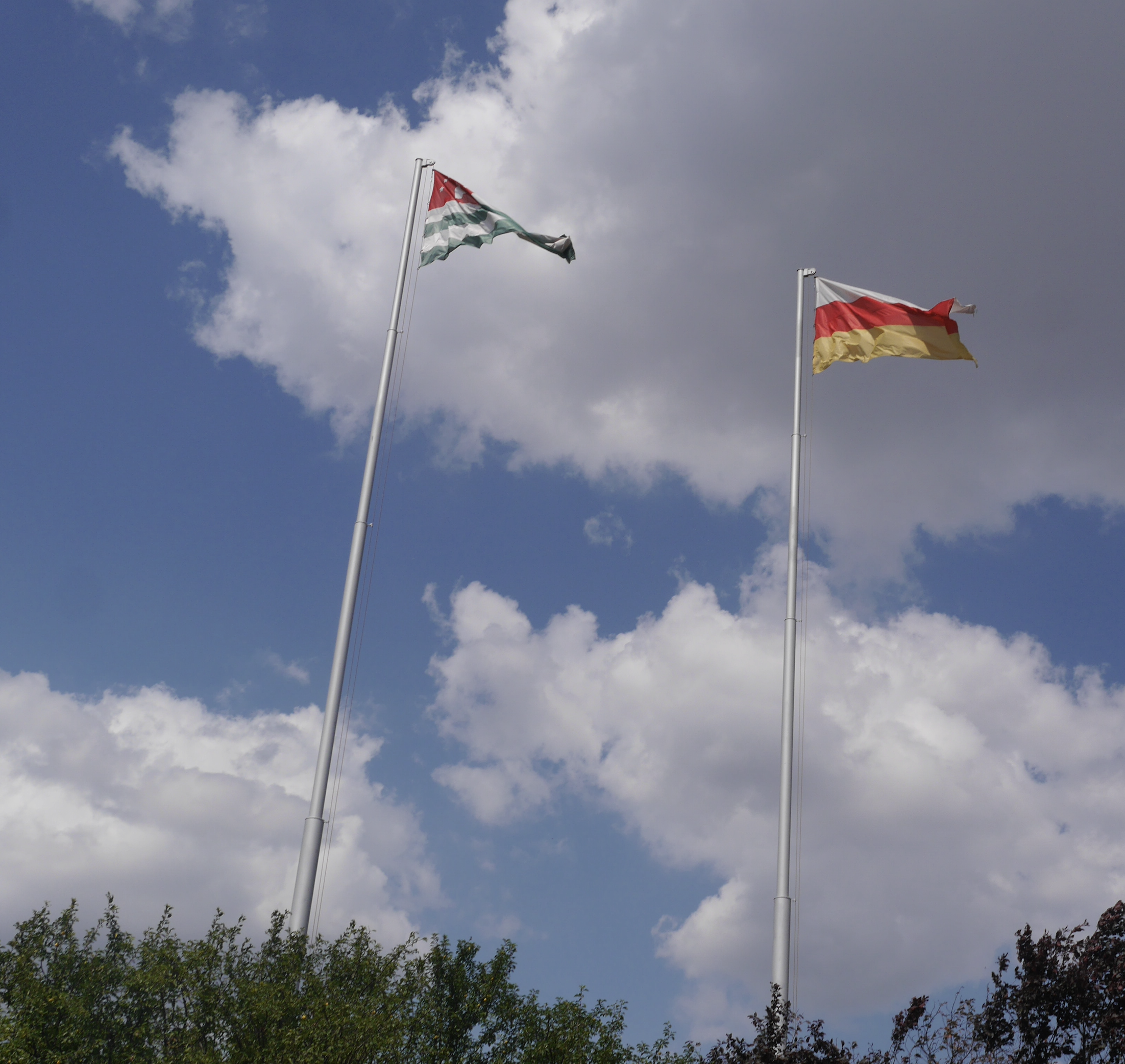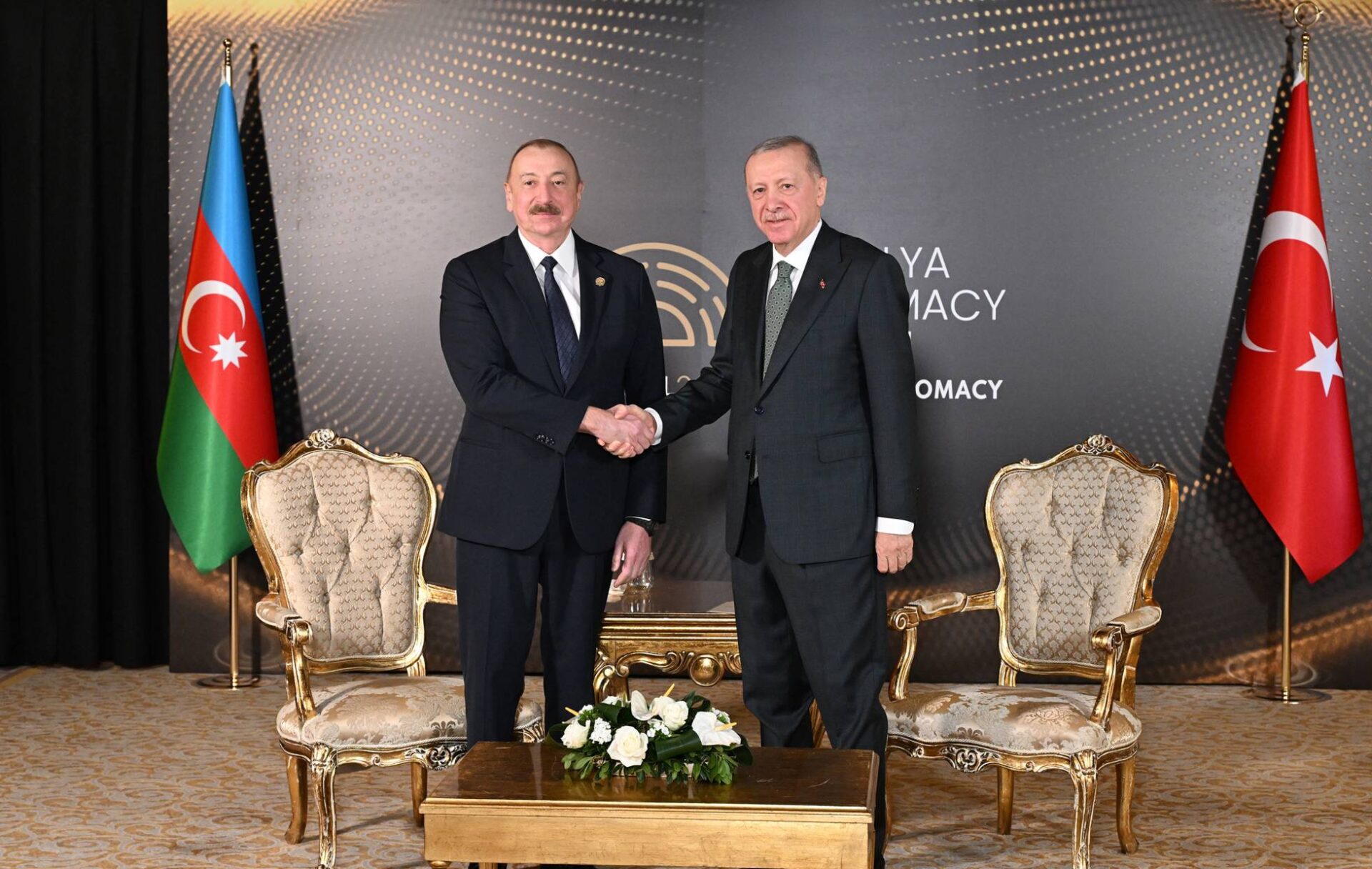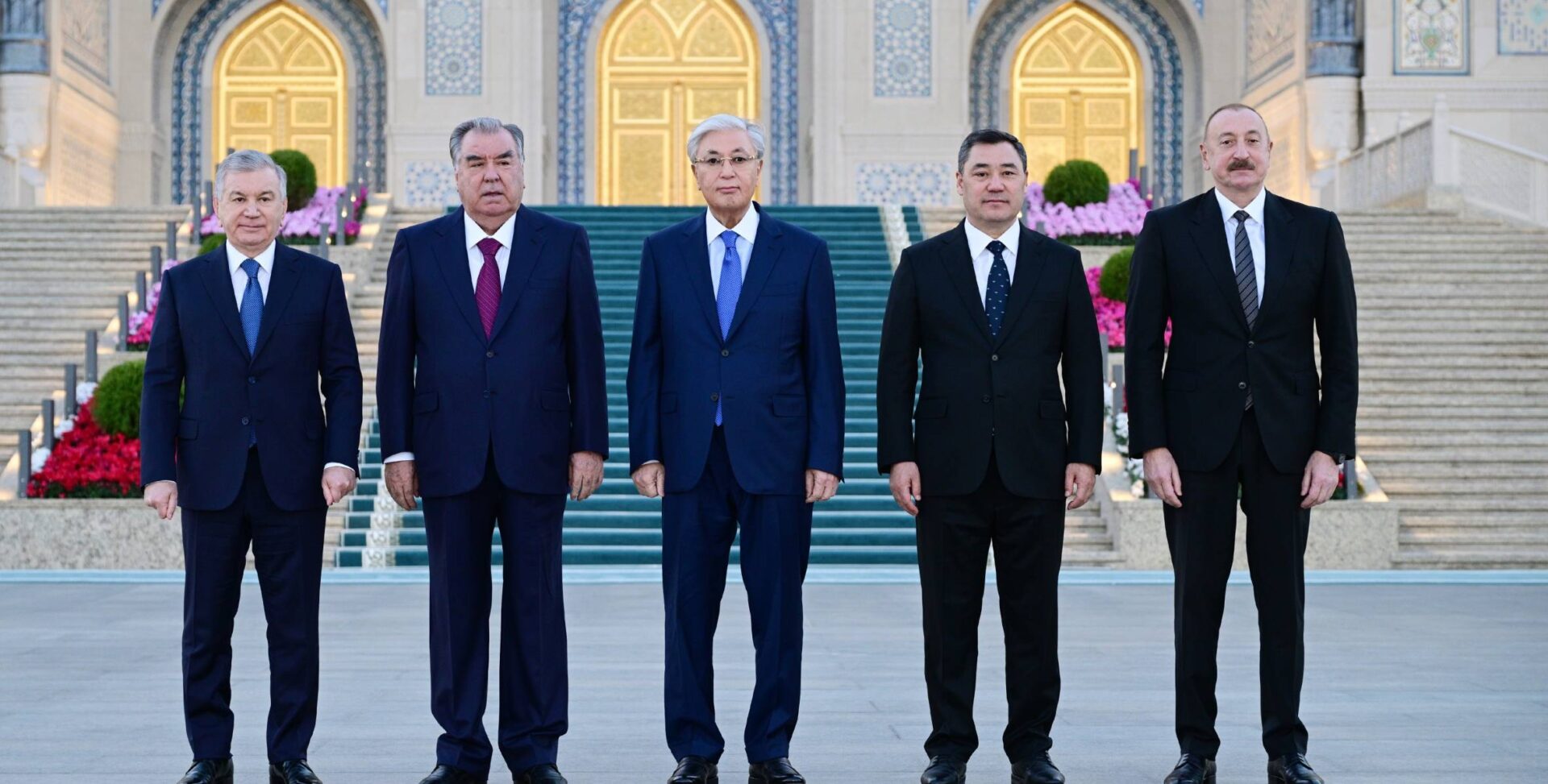
Georgia’s Anaklia Deep-Water Port Becomes Chinese Geopolitical Project
Georgia’s Anaklia Deep-Water Port Becomes Chinese Geopolitical Project
Executive Summary:
- The Georgian Dream government has announced that a Chinese-Singaporean consortium dominated by the Chinese state won the tender for the construction and management of the strategic Anaklia deep-sea port.
- The port could drastically change the geoeconomic and geopolitical situation in the region, providing China more economic power and influence and turning Tbilisi closer to Moscow through Beijing’s alliance with the Kremlin.
- Beijing is becoming Tbilisi’s primary strategic partner and is significantly strengthening its position in the South Caucasus, while Western influence, previously a priority partner against Russian dominance, is waning.
On May 29, Georgian Minister of Economy and Sustainable Development Levan Davitashvili announced that a Chinese-Singaporean consortium had won the tender for the construction of the Anaklia deep-sea port. The consortium includes China Communication Construction Company and China Harbor Investment, with China Road and Bridge Corporation and Qingdao Port International as subcontractors. According to Davitashvili, another competitor, the Swiss-Luxembourgish company Terminal Investment, failed to submit its proposal despite a deadline extension from February to May (Interpressnews, May 29). The decision underscores the Georgian Dream government’s turn from the West toward China after declaring a “strategic partnership” just last year (see EDM, March 5).
Georgian state company “Anaklia Deep Sea Port” owns a 51-percent share in the Anaklia project, and the consortium will own a 49-percent share. The Chinese-Singaporean consortium, however, will undoubtedly dominate the project. The deep-sea port will reportedly be constructed based on Chinese cargo needs and looks to become a critical node in Beijing’s Belt and Road Initiative. Davitashvili added that “there are allocations in the state budget to finance the state portion of financing the Anaklia deep-water port project” and asserted this project “is a very important stage in the direction of the economic development of Georgia” in the sectors of transportation and the development of the Middle Corridor (Interpressnews, May 29).
The Georgian government responded to criticism of China Communication Construction Company’s involvement because the US Department of Commerce blacklisted the company in August 2020 for building artificial islands in the South China Sea for military purposes (US Department of Commerce, August 26, 2020). In response, the press service of the Economy and Sustainable Development Ministry stated, “The reports about the sanctions against China Communications Construction Company Limited are not true. The company is free to participate in the implementation of the Anaklia port project” (Interpressnews, May 29). Simultaneously, one of the ministry’s officials explained that “blacklisted” does not mean that the country is sanctioned by the United States. This explanation signals Georgia’s turn away from the West as a point of authority regarding what entities are acceptable to work with, increasing the influence of China on Tbilisi’s decision-making.
In 2012, then-Georgian President Mikheil Saakashvili proposed building a new port on the Black Sea capable of receiving large cargo vessels. The port would be able to receive 100 million tons of goods per year by 2030. In 2016, the Anaklia Development Consortium (ADC), with TBC Holding (including TBC Bank) as its principal partner, won the state tender to construct the port and signed a deal with the government (Agenda.ge, February 9, 2016). In 2019, Georgian Infrastructure Minister Maia Tskitishvili noted that ADC faced problems attracting funds for the $2.5 billion Black Sea port project (Agenda.ge, December 3, 2019).
ADC failed to source the money for two primary reasons. First, in January 2019, the Georgian Prosecutor’s Office announced an investigation into TBC Bank CEO and shareholder Mamuka Khazaradze on suspicion of money laundering. Second, some Western investors were skeptical of the project’s success without direct Chinese involvement (see EDM, March 20, 2020, January 20, 2023).
Georgian experts assert that the decision favoring Beijing was predictable after the government signed a strategic partnership with China last year (see EDM, September 19, 2023). Former President of the Georgian National Bank Roman Gotsiridze stated in his May 31 interview with this author that “the Anaklia deep-sea port project is not only an economic project. It directly concerns issues of Georgia’s strategic security.” He further argued, “China’s dominance at the Port of Anaklia will have economic and political consequences for the security of the entire Black Sea region and in the context of a real alliance between China and Russia on the issue of Russian aggression against Ukraine.” Gotsiridze noted that Moscow is building a naval base at the Port of Ochamchire in occupied Abkhazia, just a few kilometers from Anaklia. “The Kremlin is trying to ‘hide’ its warships in Ochamchire, which ‘escaped’ from Crimea.” In his opinion, the Anaklia port will primarily “serve cargo from China and Central Asia to Europe, but this does not mean that the port must necessarily and without alternative belong to those who send the cargo” (Author interview, May 31).
Other experts voiced concern that the historic decision to involve China represents another step away from the West and will benefit Russia (Civil.ge, May 30). Georgian historian and political scientist Paata Chekurishvili is well known in Georgia as one of the respectful advocates of the Georgian-Chinese partnership. In a May 31 interview with this author, however, he claimed he held this opinion during the years when there were formal indications that US interest in Georgia, the South Caucasus, and Central Asia was sharply declining and that the United States itself was sinking into active isolationism. Today, as the situation has radically changed, the Georgian government’s decisions are provocative. Chekurishvili observed, “The case concerns the moving of the ‘Middle Corridor’ to the south toward the so-called Zangezur transport and energy corridor, which can be launched under the same patronage of the United States and the European Union.” Chekurishvili further stressed, “I think that the prospects of the Anaklia port will be seriously reduced (if its construction has not lost its meaning at all), as well as Georgia’s geopolitical and geo-economics weight. … This is only in the interests of Georgia’s northern neighbor—Russia” (Author interview, May 31).
On May 29, Saakashvili stated that the announcement of the Chinese consortium as the winner of the tender for the Anaklia port project was Georgia’s biggest geopolitical failure and a giant step toward distancing itself from the West (Interpressnews, May 29). In recent years, US officials have often voiced concerns about Russia and China’s role in the Anaklia project (see EDM, March 16, 2020, May 18, 2021). The weakening of Washington’s positions in Georgia, however, has all but determined the “point of no return” for China’s geopolitical involvement in the South Caucasus.


